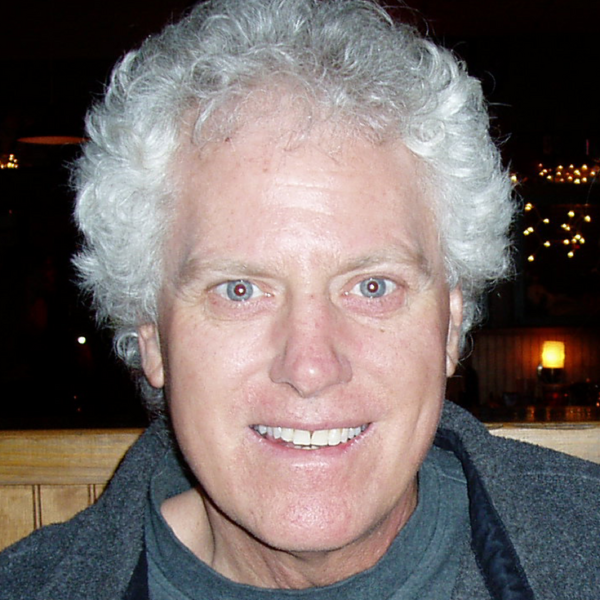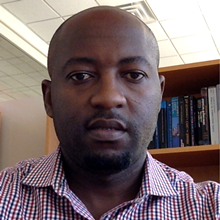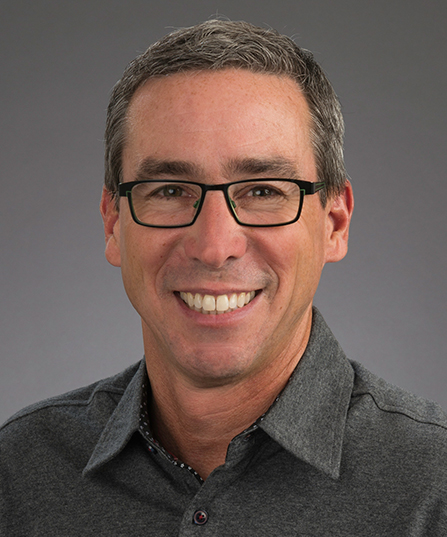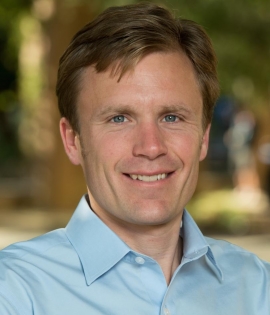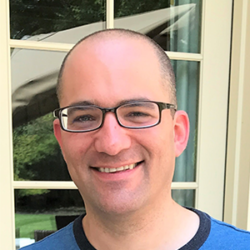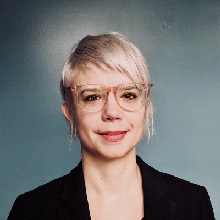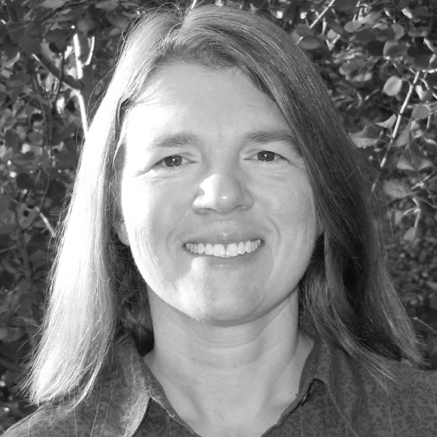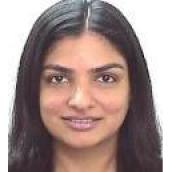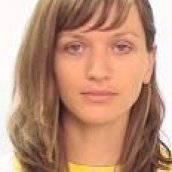Geospatial Analysis for Development (Geo4Dev) 2020 Symposium and Workshop
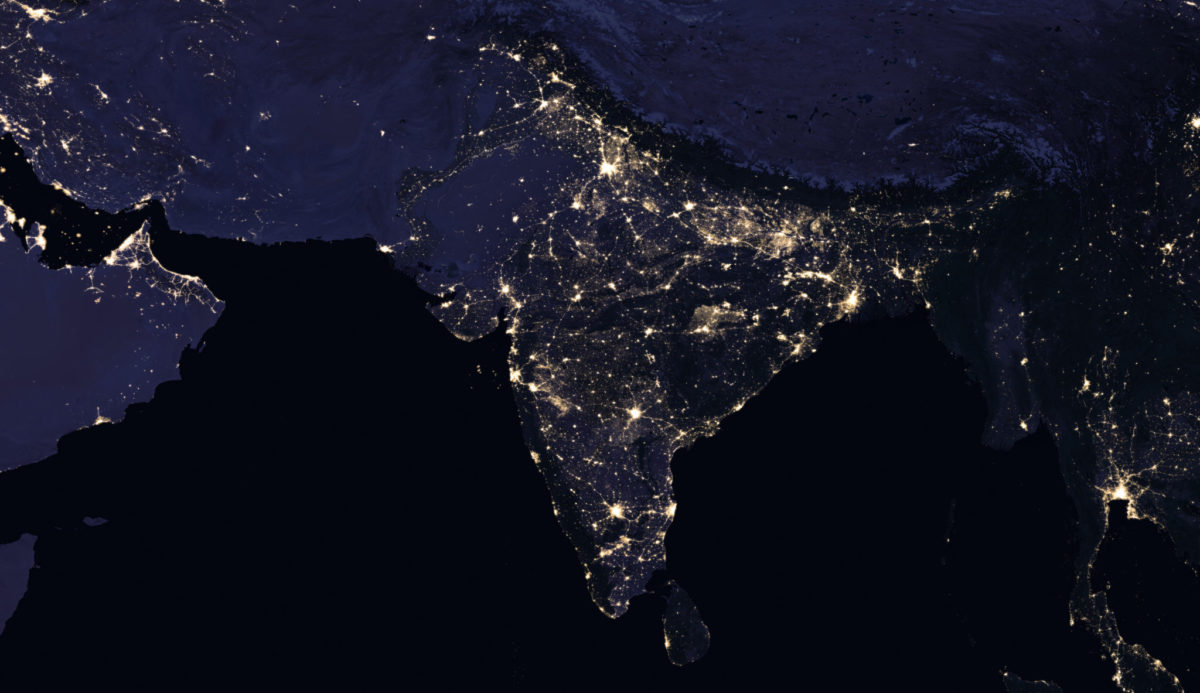
On December 10th-11th, CEGA’s Geospatial Analysis for Development (Geo4Dev) Initiative hosted an online symposium to showcase cutting-edge tools, datasets, and applications of geospatial data for global development research, followed by a hands-on workshop for those interested in building or honing their skills in this space. The convening also launched the Geo4Dev website (geo4.dev), a new open-access online hub for geospatial data, research, and tools; and (2) new Nighttime Light data sets that have been recently made publicly available for studying human economic activity and development trends.
Please direct any questions you have to info@geo4.dev.
Day 1: Thursday, December 10th (9:00 am – 1:20 pm PST)
Our Geo4Dev Symposium on Dec 10th featured a series of presentations, including a keynote talk by Christopher D. Elvidge, Director of the Earth Observation Group at Colorado School of Mines. Elvidge pioneered the development of global nighttime lights and led the production of a 21-year time series of nighttime lights (1992-2013) using data from the U.S. Air Force’s Defense Meteorological Satellite Program (DMSP).
AGENDA:
9:00 am PST Opening remarks
9:10 am PST Session 1: New data and initiatives
- Ran Goldblatt (New Light Technologies)
- Geospatial Analysis for Development Initiative
- Gabe Levin (New Light Technologies)
- Geospatial Analysis for Development Website (Geo4.dev)
- Berber Kramer (Development Engineering; International Food Policy Research Institute)
- Publishing in Development Engineering
- Joshua Blumenstock (Center for Effective Global Action)
- Using Mobile Phone and Satellite Data to Target Emergency COVID-19 Aid
10:00 am PST Session 2: Nighttime lights: applications in development research and operations (Part I)
- Douglas Glandon (International Initiative for Impact Evaluation (3ie))
- State of play for big data (including nighttime light) in impact evaluations
- Alice Duhaut (Development Impact Evaluation (DIME) group, World Bank)
- Theophile Bougna (Development Impact Evaluation (DIME) group, World Bank)
- Geospatial Impact Evaluation of Highways: Evidence from Iraq and Morocco
- Gordon Hanson (Harvard Kennedy School)
- Using Satellite Imagery to Predict Local-Level Changes in Income and Population
11:10 am PST Coffee Break
11:20 am PST Keynote address: Chris Elvidge (Colorado School of Mines)
Exploration the annual cycling patterns of nighttime lights in India: preliminary results
12:00 pm PST Session 3: Nighttime lights: applications in development research and operations (Part II)
- Mark Roberts (World Bank)
- When the lights go out: using nighttime lights to analyze the economic impacts of COVID-19 in the Middle East and North Africa
- Marshall Burke (Stanford University)
- Inferring wealth from daytime and nighttime imagery
- Muneeza M. Alam (World Bank)
- Wider economic benefits of transport corridors: Evidence from international development organizations
- Aiga Stokenberga (World Bank)
- Nighttime lights and strategic transport in BBIN countries
1:10 pm PST Closing remarks
Day 2: Friday, December 11th (9:00 am – 2:45 pm PST)
Remotely sensed data (e.g. satellite data) is rapidly becoming a critical component in geo-spatial analysis, particularly in international development when other sources of data are scarce. But the perception is that these data are too complex or costly (in terms of time and money) for general analysts to use.
Our Nighttime Lights workshop on Dec 11th broke down that perception using open source tools like Python and Google Earth Engine. Through a series of hands-on modules, experts trained researchers and policymakers–especially those based in low- and middle-income countries (LMICs)–in the application of Nighttime Lights data to important policy questions. We covered Nighttime Lights data access, as well as interpretation, processing, visualization, and statistical analysis (including time series analysis).
Whether you are an analyst just starting out with Python, or a seasoned data scientist looking to sharpen your remote sensing skills, you may find this workshop helpful. After honing your skills, not even the sky will be the limit! Familiarity with Python or programming is preferred (beginner is OK) to get the most from the session, but we’ll also point to resources for training at all levels.
